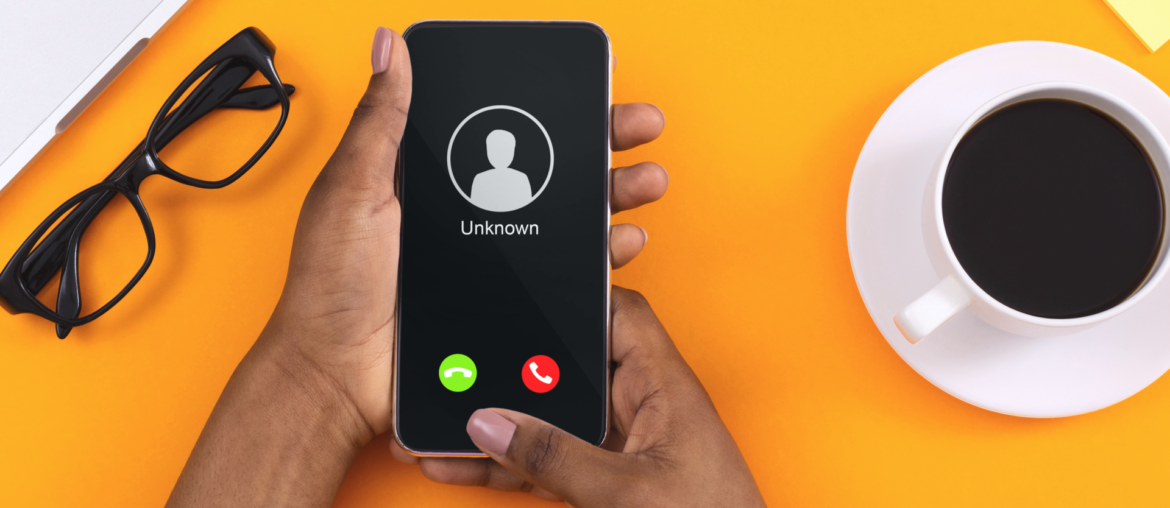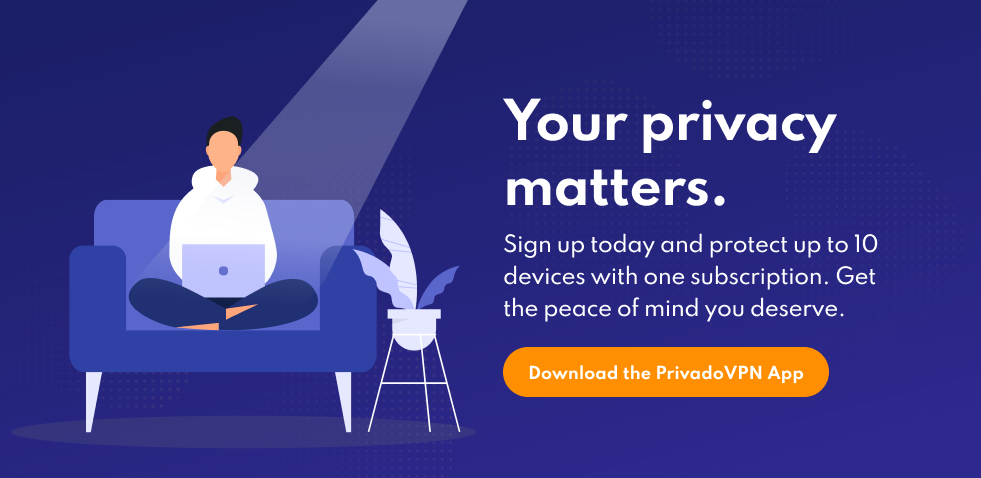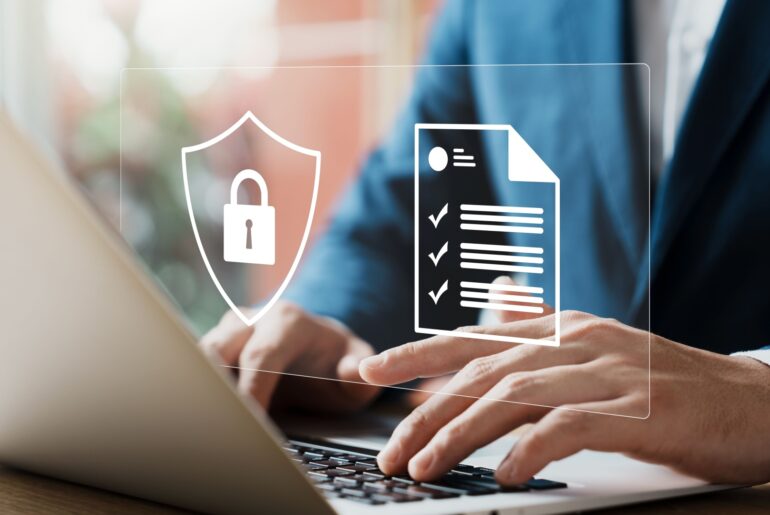Have you ever had a call from an unknown number where the caller asks for your personal information or money? They may ask you to make a payment on a “late bill” or impersonate a legitimate organization like the IRS. This type of scam is called “vishing,” and it can cost victims both their money and their privacy. Today, we’ll show you how to spot and avoid vishing attacks.
What is Vishing?
The term “vishing” comes from the words “voice” and “phishing.” Phishing is a type of cybersecurity scam, and vishing attacks are not much different. The main difference between the two is that vishing attacks exclusively involve voice messages or phone calls. In most cases, these attacks are done against vulnerable targets such as the elderly or young adults.
Vishing is a type of social engineering attack that scams victims into surrendering their payment details or personal information. A scammer may call and say that they represent an institution like your bank. Their main goal is getting victims to pay them money or convince them to download a piece of malware software. Scam attackers may also attempt to gather identifying information or passwords in order to steal someone’s identity.
Types of Vishing Attacks
Usually, attackers will use VoIP (voice over internet protocol) software to spoof a caller identification name or area code. This process is done in order to try and trick the target into answering the phone. Once their victim is on the line with them, they will often use one of the following vishing scam attacks.
IRS Scams
This type of scam can manifest in a few different ways, but the most common variation involves a prerecorded message. Usually, these scams relate to fake issues with tax return information and threaten targets with arrest. Luckily, the IRS has very clear distinctions about how they contact citizens to avoid this very issue.
Social Security Scams
Elderly citizens are the primary target of these scams. They involve messages asking for targets to give up their banking information, Medicare number, or Social Security number. Scammers will then either use that information to steal their health and/or Social Security benefits.
Loan or Banking Scams
This vishing attack can target victims of all ages and involves predatory techniques of impersonating banks or credit unions. Callers will convince the target they have an unpaid balance from a fee or other account issues. Similarly, scammers can call and offer loans and/or prizes that seem too good to be true. The unfortunate reality is that they usually are.
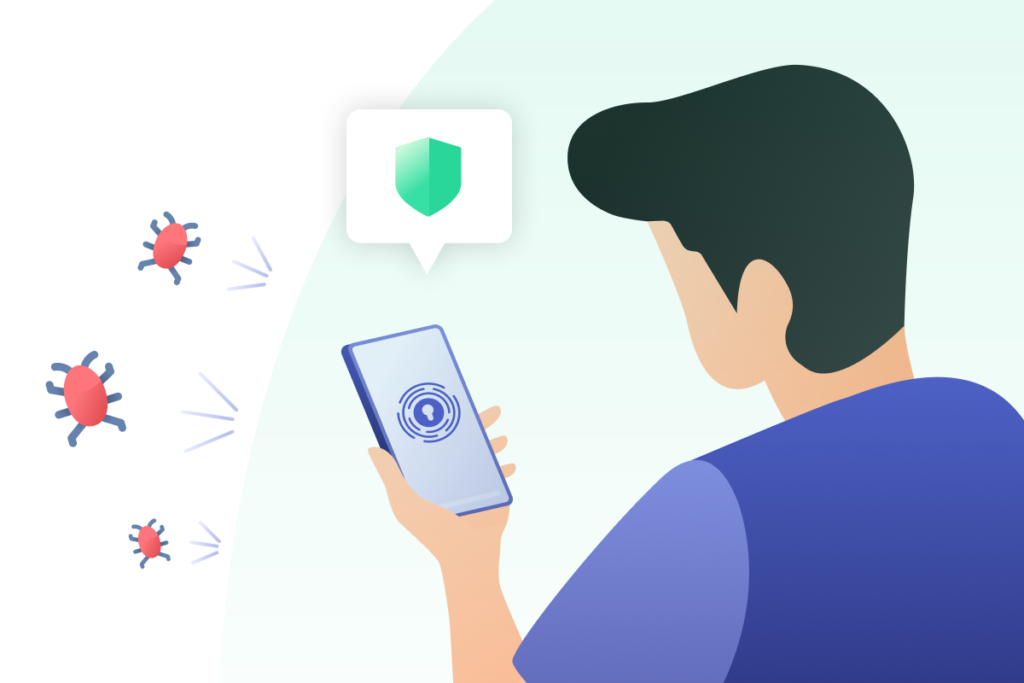
How to Spot a Vishing Attack
Although it’s often difficult to see a cyberattack before it happens, there are distinct ways of identifying a vishing attack. Because these scams occur over the phone, there are certain patterns to their methods. Here are some ways that you can easily spot a vishing attack.
- The caller is insistent or urgent. Most scammers will try and scare you into giving up your personal information using a variety of different tactics. They may mention “arrest,” “serious account problems,” or other frantic messaging.
- Callers claim to represent federal agencies. Without previously contacting them, organizations like the IRS or Medicare will never call you, email you, or text you.
- The caller tries to get your personal information. If someone calls from a number that you don’t recognize and tries to get your private data, never give it to them. This includes your address, your birthday, your Social Security Number, banking information, and any identifying information.
Now that you know how to spot a vishing attack, you can learn how to avoid them. The best way to protect yourself is to be aware of possible scams that criminals use to steal your data.
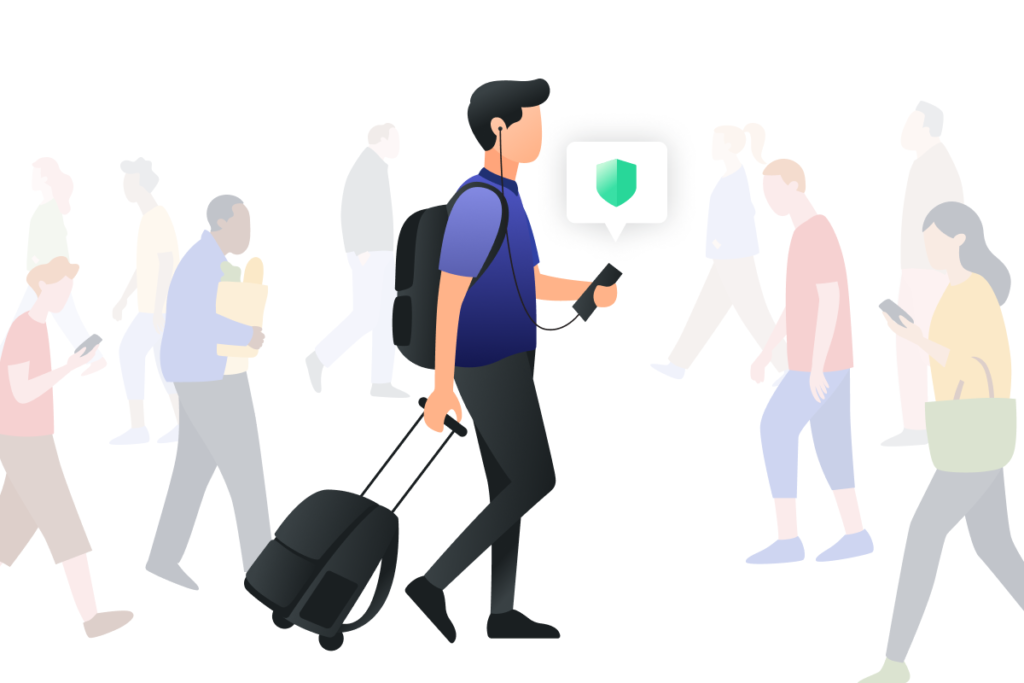
How to Avoid a Vishing Scam
The best way to avoid a vishing scam attack is to never give away your personal information over the phone. Unless you can verify that the caller is legitimate, it’s important not to give that data away. You can also only give away necessary information on outgoing calls rather than incoming calls or messages. This will make it easier to protect yourself since attackers won’t have access to your information.
For example, receiving a call from someone who claims to represent your bank or credit union regarding important financial matters. If you believe that the call is legitimate, you can ask to schedule an in-person appointment at your nearest branch. However, if the person on the phone encourages you not to book an appointment with a representative, they’re likely vishing.
To give yourself extra protection against a vishing attack, you can add yourself to the National Do Not Call Registry. You can also easily navigate vishing attacks by allowing your calls to go to your voicemail inbox, known as “screening.” Verifying the identity of the caller is one of the best ways to avoid potential attacks. You can also use a VPN to give yourself additional privacy.

What is a VPN?
Virtual Private Networks, also known as VPNs, allow you to hide the location of your devices by encrypting their IP addresses. With a VPN, you can quickly and easily hide your activity and information from cybercriminals and other prying eyes.
Devices that can access the Internet have an IP address that ties them to the online activity from that hardware. Without the protection of a VPN, cybercriminals can easily introduce malware or viruses to your system.
VPNs allow you to boost the strength of your Internet privacy with secure encryption. This process “scrambles” your data, making it more challenging for hackers to access your private information. VPNs that work alongside strong encryption protocols, like Wireguard, OpenVPN, and IKEv2, introduce dependable security for any network or device.
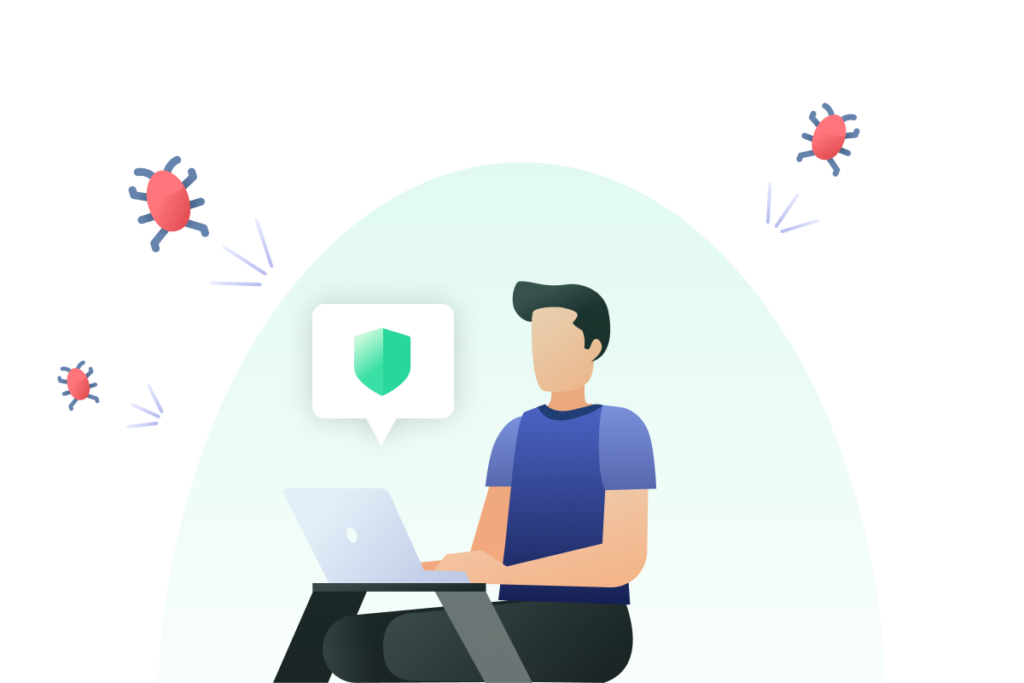
What to Do After a Vishing Attack
After you experience a whishing attack, it can be frustrating to try and pick up the pieces. If you gave a scammer your financial data, the first step is to contact your bank or credit union. The same thing goes for any Medicare or Social Security data that was given away. Be sure to ask about reversing fraudulent transactions and identity theft protection.
You can also free your credit reports in the meantime so that it doesn’t impact your credit score. Finally, report your case to the FTC (Federal Trade Commission) or submit a complaint to the FBI’s Internet Crime Complaint Center. Be sure to keep track of all your emails and call logs, as well as your banking statements.
Keep Yourself Safe Online with PrivadoVPN
It’s hard to protect yourself from all of the different types of phishing attacks, but a reliable VPN can help. Unfortunately, there is no way to ensure that you are ever 100% safe on the Internet. However, using a VPN gives you more immediate control over your privacy and security. VPNs give you the ability to hide your location from prying eyes and criminals who might be after your data. Your VPN encrypts your information, making it harder for attackers to steal it and commit identity theft, and more.
PrivadoVPN offers an easy-to-use VPN experience on all of your favorite devices. Our VPN is backed by Swiss privacy laws, the strongest in the world, meaning your activity is safe with us. Users get 300+ global servers to choose from, as well as unlimited monthly data and up to 10 simultaneous connections. You even get access to world-class privacy features like IP leak protection and safer downloads, plus faster connection speeds. Sign up with PrivadoVPN today to take back control of your online privacy!
Download PrivadoVPN
Protect your privacy with a world-class VPN. Sign up for premium access to PrivadoVPN and get unlimited monthly data, access to 300+ servers from around the world, and up to 10 simultaneous connections. Get a top-rated VPN that can secure your privacy at home, at work, or on the go.
Sign up for PrivadoVPN today!

